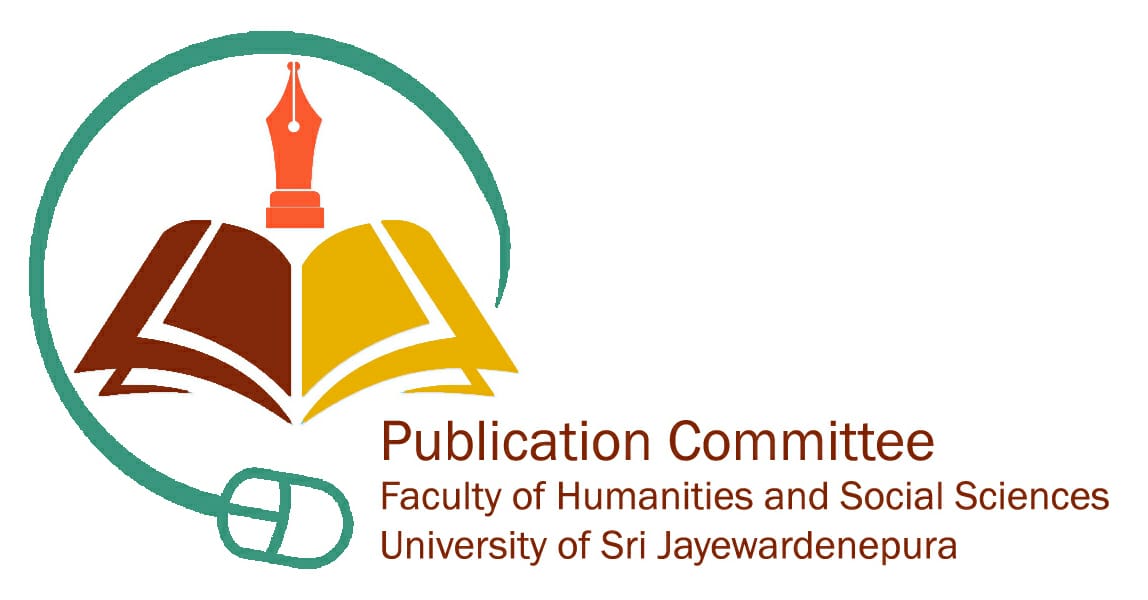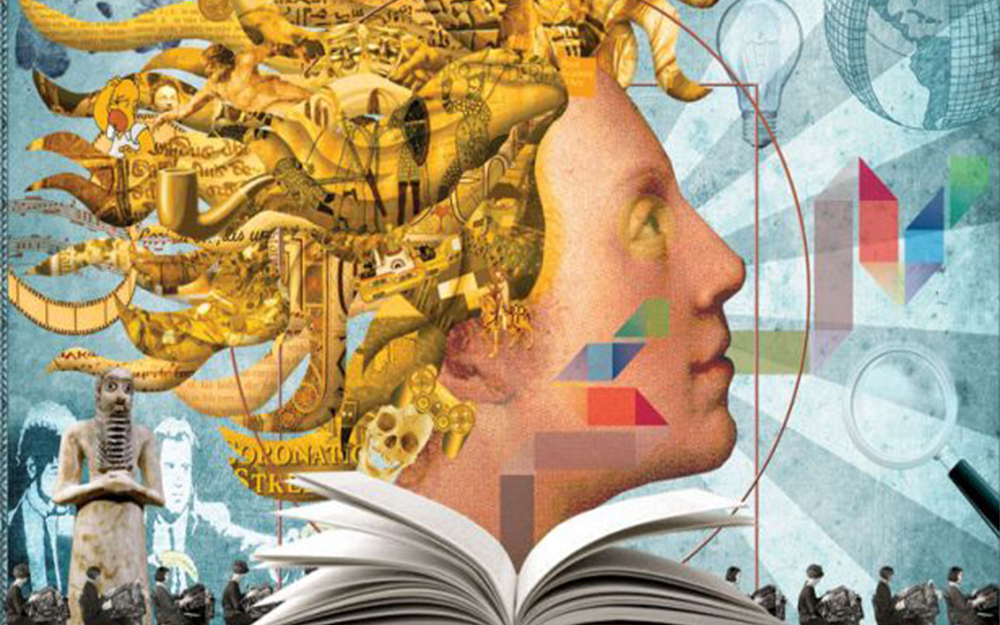Humanities have been with us from the days humans learned to record their thoughts for their posteriors; and rarely our ancestors had any worry about the relevance or value of humanities for human beings. They developed the world’s first Universities – either in India/Greece or Italy, the way you wish to claim it – to teach humanities. However, in this age of commercialism and consumerism, most of the emphasis in learning has been practically diverted to science and technology; hence the educationists are a tad reluctant and take a step back when in a dialogue or discussion on the value and future of the humanities disciplines.
The shortest and most convincing answer to the question ‘why humanities?’ is ‘Humanities make us human’. This may sound a bit vague, yet the extent that we humans have become rather anti-human (a good example being the the neutron bomb which does the least harm to buildings but most harm to life) necessitate an antidote to dehumanising trends leading us to self destruction. We have programmed ourselves to thoughtlessly carry on a disastrous programme to destroy our own environment owing to irrational greed, endangering very survival of human beings. Value-free thinking of materialistic and consumerist trends has made it essential for us to rethink the value of humanities.
What do mean by being human? Humans are different from animals as we are brainier and able to think more rationally and act logically. Love, compassion, sympathetic joy and equanimity or tolerances are identified as ideal human qualities by the Buddha. The other world religions also share these values and together humans are supposed to act to improve their lot. Human love has nothing greater than that. It leads to social cohesion. When we are confronted with serious ethical issues it makes positive and creative decision making possible. Life is pleasurable when we all live together according to humanitarian values. Learning Humanities inculcate such superb values in us and make human life enjoyable.
Humanities help people to identify, understand, preserve their culture (or civilization) and change it when necessary. They can be constantly aware of their national heritage and be proud of it. It is those who study culture make research, publish, and even promote cultural tourism enriching the economy of the country. When people understand they may think intercultural and interfaith.
Humanities develop critical thinking. Logic and reasoning have been always associated with philosophy. For that reason, philosophy is considered as the mother of all arts and sciences. Indians, Greeks and Chinese are known for this. Humanities can motivate people, organise them and lead to culture of innovation. These are essential for creativity and entrepreneurship.
Humanities World report (2012) reports that Humanities research feeds into other fields, most obviously the social sciences, but also into medicine, computer science and engineering/design. Most important, however, is, as we have mentioned, Humanities make us human, the greatest thing we can ever dream of.
Dr. Asha Nimali Fernando
Senior Lecturer in Philosophy
Department of Philosophy and Psychology






